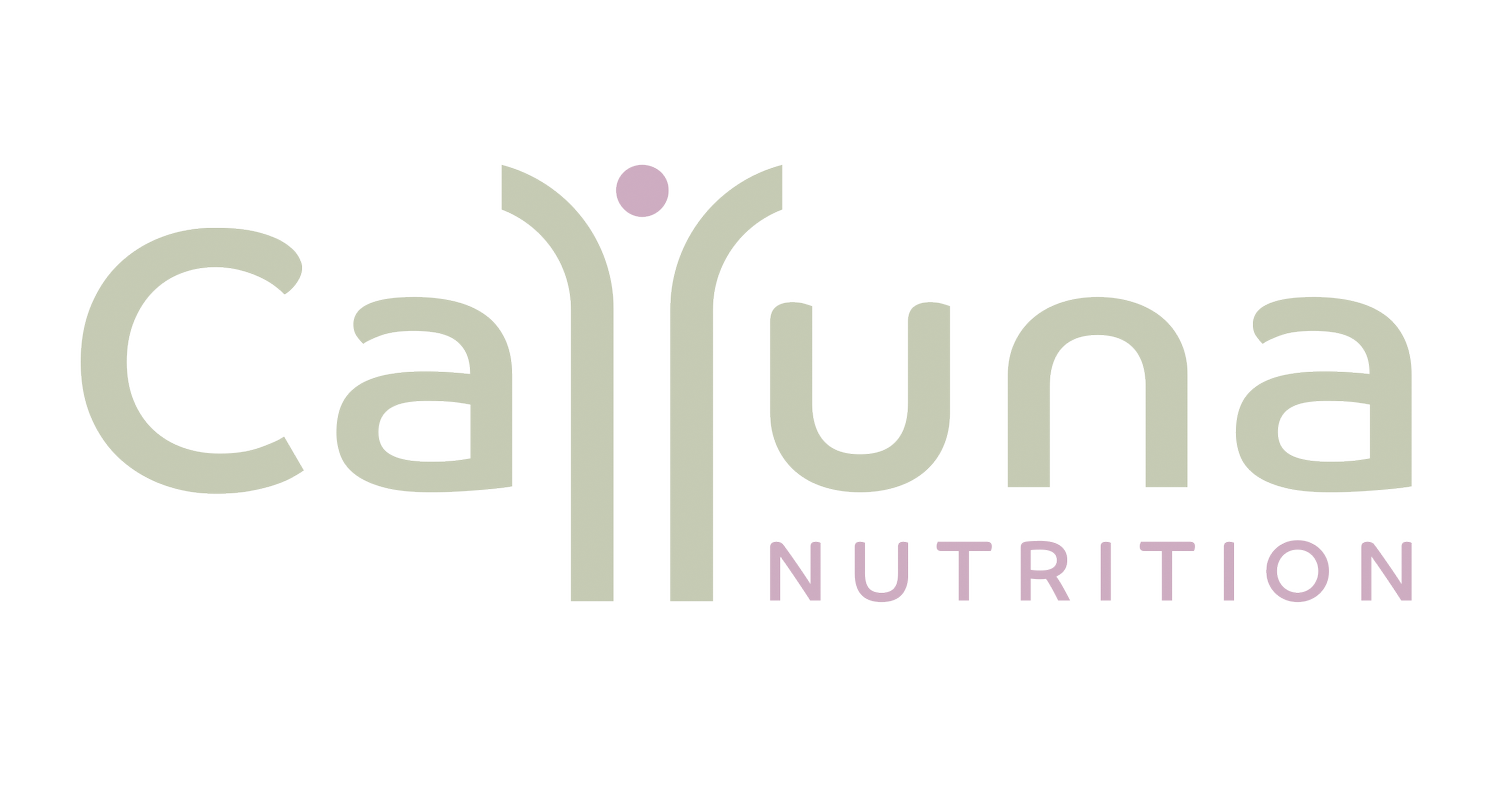Supplements to Support Your Immune System
Struggling with a lack of energy, a bad cough, or a runny nose and wondering if you should be taking supplements to support your immune system?
You're not alone!
Supplements are no joke, and taking too much or the wrong supplement can have health-threatening consequences. And let me be clear, a normal, varied diet is usually good enough to secure a decent nutrient intake.
BUT!
Getting the essential nutrients our bodies need can be tricky these days. This is largely because of how our food is produced, the rise of ultra-processed foods in our diets, and many people following restricted or low-calorie eating plans.
So today, we'll explore my top 3 supplements for supporting your immune system and overall well-being by looking at:
➪ How they work
➪ What to consider when choosing these supplements
➪ Best food sources
There are so many options and information about supplements that it can be hard to know exactly which supplements you should take (if any!).
First, let me start by saying that it's always a good idea to work with a practitioner when choosing supplements to ensure that the supplement and dosage are right for you and that there are no contraindications.
Now, let’s dive in!
Supplement 1:
Vitamin D
The first essential supplement I always recommend for my clients is vitamin D, the Sunshine Vitamin. How amazing is it that our bodies transfer sunlight (UVB rays) into vitamin D!?
But we must ask ourselves how often we are exposed to enough sunlight.
Unfortunately, sunlight brings cancer, and it's important to protect ourselves with sunscreen during the late spring and summer.
In addition, from October to March*, the sun is too weak for everyone in the northern hemisphere to make enough vitamin D, and since only a few foods contain this vitamin, other sources are needed.
Some great benefits of getting enough vitamin D:
Absorb calcium into the bloodstream. It doesn't matter how much calcium you get from food or supplements, you need vitamin D to absorb calcium into the bloodstream and prevent your body from breaking down bone to get it.
Decrease the risk of hip fractures.
Vitamin D may help reduce menstrual symptoms like PMS and cramps.
You might be wondering how much vitamin D you should take daily.
The recommended dosage for vitamin D is 10-20 micrograms (400 - 800 IU) a day.
It's impossible to get too much vitamin D from sunlight. Still, a high intake of supplements or food (more than 100 micrograms, or 4000 IU. Far less for children!) can lead to a high calcium concentration in the blood, affecting the kidneys and lungs while increasing the chances of kidney stones and kidney failure.
*A funny rule of thumb: If your shadow is longer than you, it’s unlikely that the sun is strong enough for your daily dose of vitamin D. Time to take supplements!
Supplement 2:
Omega-3
If you have difficulty eating one portion (approx. 140 g) of oily fish a week**, Omega-3 supplement is something to consider to support your immune system.
Omega-3 is a polyunsaturated fat and one of the few types the body can not produce itself but must get from food. It plays an important role in producing hormones, blood clotting, cellular growth, and, you guessed it, the immune system.
More reasons why omega-3 fatty acids will benefit your health:
It can improve your cognitive health, like memory.
Supports heart health, like stroke
Reduce and prevent inflammation and lower LDL cholesterol.
The typical daily dosage for omega-3 fats is 250 mg DHA and EPA(2), but it can increase for people with different health challenges, like heart disease. Talk with your doctor if this concerns you.
What to think about when choosing omega-3 supplements:
Be careful with your intake of vitamin A since it's often added to omega-3 supplements.
Watch out for the content of DHA and EPA when comparing supplements. There's a difference between fish oil content and DHA and EPA content (and you want the latter).
Vegan or vegetarian products from microalgae oil containing EPA and DHA are also great options!
Did you know?
The Western diet usually comes with a mismatch between the intake of omega-3 and omega-6? They are fighting for the same enzymes in your body, and most of us have too much omega-6 (while it should be the other way around) which hinders the transformation of omega-3 acids. Even though the jureys are out regarding what an optimal ratio truly looks like, it's safe to say that we should try to increase our intake of omega-3 fatty acids.(3)
**It’s recommended to eat no more than two portions of oily fish a week because of higher levels of pollutants than other seafood(4).
Supplement 3:
Iron
The last supplement to consider to improve your immune system is Iron, the most common deficiency and among the most common causes of diseases worldwide (1).
Iron is a mineral that can help transport oxygen around the entire body while also storing it in the muscles.
This will support your immune system to fight off infections.
More reasons why Iron will be helpful for your health:
Iron is important for the normal production and function of various cells and hormones.
As pregnant, it will support your infant's brain development.
It plays a big part in your daily energy levels.
The recommended daily iron intake varies whether you're menstruating, pregnant, breastfeeding, or simply a dude or elderly:
Men, ages 19 to 50: 8 mg
Men, ages 51+: 8 mg
Women, ages 19 to 50: 18 mg
Women, ages 51+: 8 mg
The tolerable upper intake level for iron is 45 mg a day. A child who takes a few pills containing 200 mg of iron can die from poisoning.
What to look for when choosing an iron supplement:
Elemental iron is more important because this is the amount available for the body to absorb. A higher amount of elemental Iron (listed as ferrous gluconate) means your body will absorb more Iron.
Iron supplements often contain vitamin C because it increases the absorption of Iron.
Taking iron supplements alongside fibre-rich foods can help you avoid constipation.
If you take any medicines, refer your doctor to ensure they go well with iron supplements.
Your immune system is complex and can't be fixed by one food, nutrient or supplement. However, the lack of the nutrients we've explored above has shown a weakened immune system. No doubt they can have a positive impact on your health.
But while vitamin D, omega-3, and Iron are excellent options and can help with several processes in your body regarding the immune system, supplements are just that: options to help 'supplement' your diet and lifestyle.
Nutritionists and endocrinologists don't have a clear, painted picture about taking supplements in general, with views that are both against and in favour (as we also know that this is an industry of significant financial value!).
Food supplements should never substitute for a varied and balanced diet and a healthy lifestyle.
If you feel your diet is restricted and you want varied eating habits or a more personalised supplement protocol, booking a Calluna Call may be just what you need!
In just 3-6 months, you'll be able to incorporate new, colourful dishes into your stressful life and make food choices to support your health.
Join me inside Calluna Thrive or Calluna Revitalise, or read about how it is working with Tine.
Like this post and want to read more? Check out:
DISCLAIMER: No content on this site should ever be used as a substitute for direct medical advice from your doctor or other qualified clinician.
Resources:
Harvard T.H.Chan (March, 2023). https://nutritionsource.hsph.harvard.edu/iron/
Verdens helseorganisasjon (WHO) og European Food Safety Authority (EFSA)
Bere, E. & Øverby, N (2011). Om mat og ernæring. En introduksjon til hva man bør spise. Høyskoleforlaget (Norwegian Academic Press).
NHS, (14 November 2022). Fish and shellfish. https://www.nhs.uk/live-well/eat-well/food-types/fish-and-shellfish-nutrition/
Other resources:
Blomhoff, D. (2012). Mat og medisin. Lærebok i generell og klinisk ernæing. 6.utgave, Cappelen Damm Høyskoleforlaget
Lambert, R. (2021). The Science of Nutrition. Dorling Kindersley Limited.







